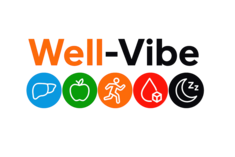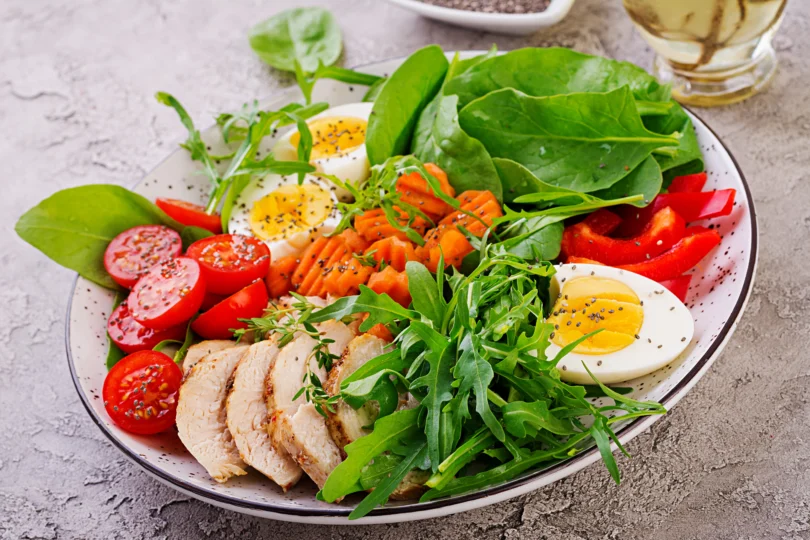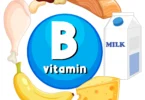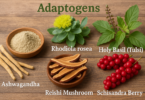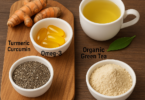Your liver is performing hard work every day of the week, advancing the processing of toxins, filtering blood, maintaining your body’s functionality, and much more. When was the last time you paid real attention to this hard-working organ? Over time, you may have started to feel tired, swollen, or otherwise think that you were not yourself. Is your liver naturally asking for help? You would be surprised how caring for your liver can be uncomplicated and straightforward. The liver detox diet is a holistic, science-backed strategy for supporting your body’s natural detox process. It’s not just the next diet trend; it is a respectful means of caring for a key organ back to peak health.
Let me explain everything you will need to know about this new approach to wellness, scientifically based, and easy to implement, relaxed and convenient.
What Is a Liver Detox Diet?
The liver detox diet is about resetting your liver so it’s happy again! Remember, it’s not about removing food sources to the degree where you’re starving yourself or extremely stressed about doing a dangerous cleanse (which leaves you feeling worse). It’s an evidence-based approach that encourages eating foods that support your liver health, which will naturally aid in your liver working more effectively. The liver detox diet is about consuming whole, unprocessed foods while eliminating the substances that make your liver work harder. The idea is to create space for your liver to heal and rejuvenate, a process that this amazing organ does automatically when you give it the opportunity to.
What gives this approach its real strength is that it has a basis in actual science. For example, research studies published in PubMed Central show that using dietary interventions can improve health and functionality in our livers. Not a pipe dream, but expressed medicine.
Benefits of a Liver Detox Diet
When doing a liver detox diet, you are doing much more than just helping one organ; you are supporting your entire body’s well-being. The benefits associated with this process often catch people by surprise, as they appear quickly and meet their needs with a resurgence of physical and mental health.
Increased Energy and Mental Clarity
A lot of people report feeling as if a fog has lifted from their minds in just a matter of days. The liver regulates stable blood sugar and processes substances, so that when it is functioning well, your energy can stabilise over the day.
Enhanced Digestive Health
The liver makes bile that is necessary for digesting and processing fats. So, a happy liver means improved digestion, contractions without the associated bloating, and overall more humble meals. Metabolically connected studies on detoxification show just how dietary interventions can benefit digestive health.
Better Skin and Appearance
When your liver can efficiently process toxins, your skin will often reflect this improvement. The wonderful news? You will likely notice a clearer complexion and healthy radiance, your liver’s way of saying, “thank you.”
Preventing fatty liver disease
Perhaps most importantly, the liver detox diet can prevent and assist with the management of non-alcoholic fatty liver disease, which impacts millions of people globally. Studies show dietary interventions are often the most effective way to assist with this increasingly relevant health issue.
Foods Good For Liver Detoxification
The great aspect of the liver detox diet is the plethora of food options, rather than restrictions. You will be surprised at how pleasurable liver-friendly foods can be!
Leafy greens & cruciferous vegetables
Spinach, kale, broccoli, and Brussels sprouts are “superstars” when it comes to liver health. These greens and crucifers are rich in vitamins and minerals. They also contain phytonutrients that assist your liver in its own detoxification processes. Consider adding a handful of spinach to your smoothie in the morning, even if you don’t taste it, but your liver still appreciates it!
Garlic, beets & colourful vegetables
This category of foods is colourful, yes, but also rich in nutrients that help liver function specifically. Beets, amongst other things, contain betaine, which protect liver cells from oxidative stress.
Healthy fats & lean proteins
Healthy fats are also essential for your liver to function optimally. Things like olive oil, avocados, nuts and seeds. Pair these with lean protein (e.g., fish, chicken, plant-based) to provide your body with the nutrients it needs to repair your liver.
Mediterranean and plant-based eating patterns
Research on plant-based eating and liver health suggests that patterns of eating, such as Mediterranean-style, are among the most practical and protective for liver function. Think lots of vegetables, fruits, whole grains, and healthy oils.
Foods and Habits to Avoid
While the liver detox diet prioritizes foods to eat, there are also some substances that make your liver’s job unnecessarily hard. The liver detox diet thinks of this as allowing your liver to take a much-needed vacation from the more difficult work.
Processed food and added sugars
Processed foods require extra energy to process, and they tend to cause more inflammation. Your liver will thank you for the much-needed break from having to do the extra work to manage artificial ingredients and excess sugars!
Alcohol and its impact
Even moderate alcohol consumption takes significant resources from the liver to process. When on a liver detox diet, consider giving your liver the cleanse it deserves, and not having any alcohol.
Red meat and saturated fats
Everything has to stay in moderation/ This, of course, doesn’t mean it will be completely out of your diet. Similar reasoning to the above, if you can work to decrease your red meat intake during the liver detox diet, it will be a little less for your liver to process and will help to lessen the inflammation.
Lastly, it is important to understand that extreme fasting or “liver cleanses” can actually be harmful. Certain herbal products, as noted in medical literature, have the potential for clinical harm that outweighs any intended benefits. The liver detox diet focuses on mild, sustainable changes. To read more about the list of foods to avoid for fatty liver, please check this post.
The Liver Detox Meal Plan: Sample Menu
Here’s a very basic 3-day menu to show you how delicious and satisfying the liver detox diet can be! Again, it’s not about deprivation; it is about nourishing your body.
Day 1:
- Breakfast: Green smoothie with spinach, banana, berries, and almond milk
- Lunch: Mixed greens salad with avocado, nuts, and olive oil dressing
- Dinner: Grilled salmon, roasted vegetables, with quinoa
- Snacks: Apple with almond butter and herbal tea
Day 2:
- Breakfast: Oatmeal topped with berries and walnuts
- Lunch: Vegetable soup with lentils and steamed broccoli
- Dinner: Grilled chicken with sweet potato and sautéed spinach
- Snacks: Raw vegetables, hummus, and green tea
Day 3
- Breakfast: Chia seed pudding topped with fresh fruit
- Lunch: Quinoa bowl topped with roasted vegetables and tahini dressing
- Dinner: Baked cod with asparagus and brown rice
- Snacks: Mixed nuts and turmeric tea
Subscribe Here for more free meal plans
Liver Detox Drink
Beverages can be your best friends as you navigate the liver detox diet. These drinks are not magic elixirs, but do offer targeted support for your liver function.
Morning Lemon Water
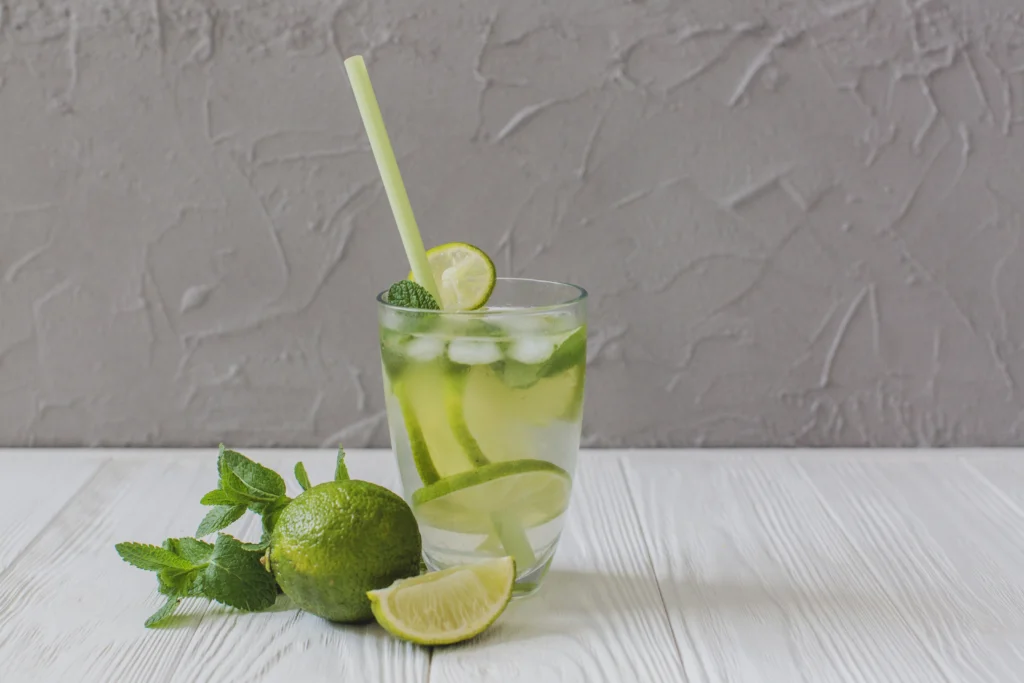
Every day, drink warm water with fresh lemon juice. This is a simple, gentle and refreshing beverage that helps your liver function by stimulating bile production and providing vitamin C. It gets you off to a good start to the day.
Green Tea
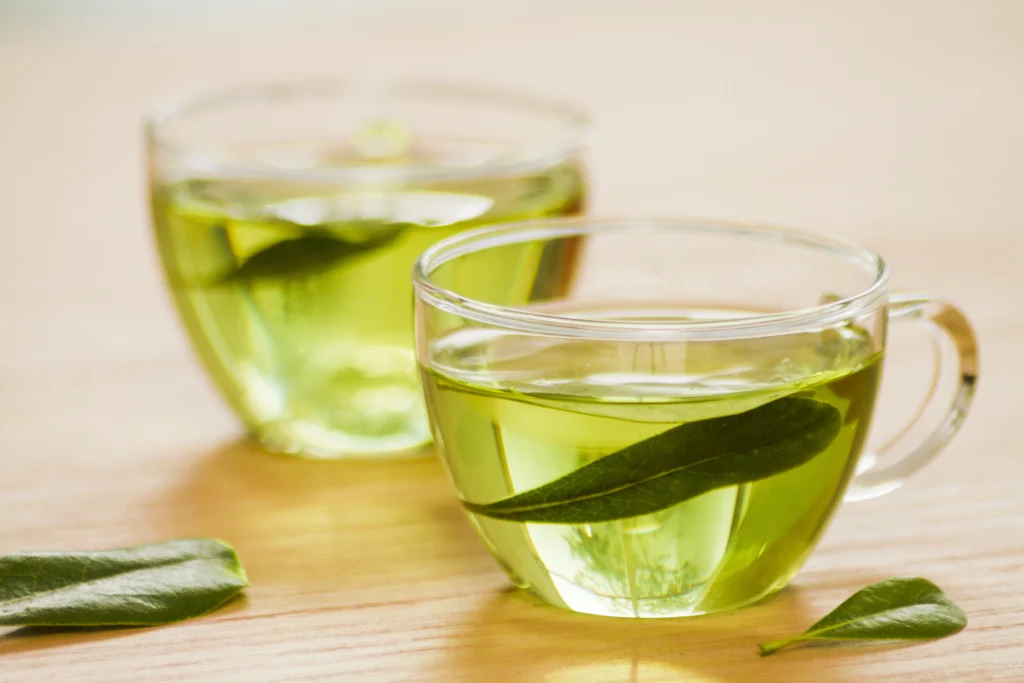
One of the most powerful antioxidants in green tea potentially supports liver health; try to drink 2-3 cups a day (but not for about 6 hours before bed).
Turmeric Tea for Nighttime
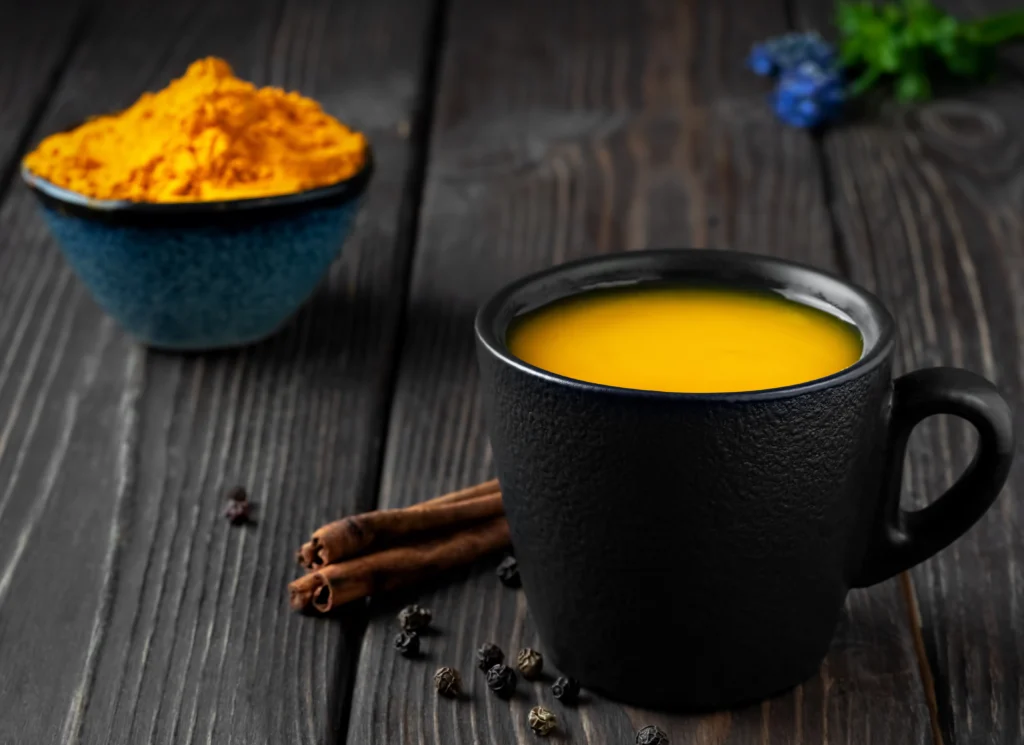
Golden milk or turmeric tea in the evening can provide anti-inflammatory support while you are sleeping. The curcumin in turmeric has been researched with respect to its liver-protective attributes.
Berry Smoothies
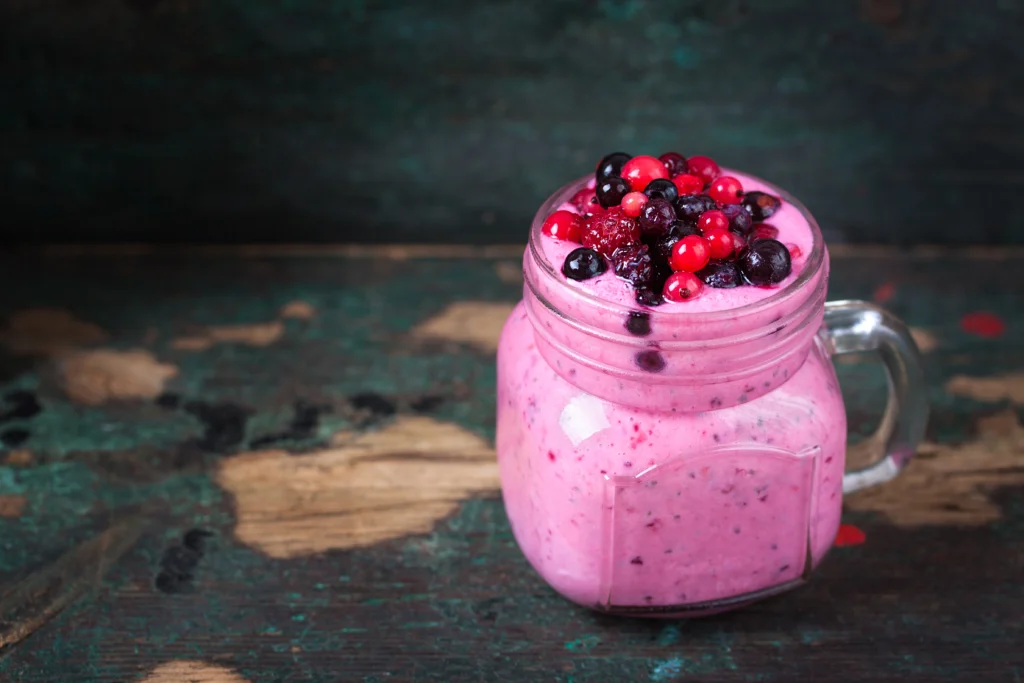
Combine mixed berries with leaf greens and a plant-based milk for a nutrient-dense beverage that is delicious and supportive of liver function and health. Berries contain antioxidants that help protect liver cells from injury.
Be reminded that guided metabolic detoxification plans emphasize proper hydration and nutrient-dense beverages as part of an integrative approach to liver health.
Most Recommended Liver Detox Products
While whole foods are your main focus, some products may help support you on your liver detox diet journey:
Milk Thistle Liver Support Supplement
Pick a reputable brand and look for brands that offer 3rd party testing for purity and potency.
Organic Green Tea Extract Capsules
Use these for consistent antioxidant support when fresh green tea is not readily available.
Antioxidant Berry Smoothie Mix
Look for an organic freeze-dried berry powder that doesn’t contain added sugars or artificial ingredients.
High-Quality Blender or Juicer
Important for making fresh, nutrient-dense smoothies or juices that optimise liver function.
Liver Detox Diet FAQs

Can a dedicated liver detox diet reverse fatty liver disease?
A liver detox diet can help with the prevention and management of fatty liver disease; however, it is not effective in extreme circumstances where medical treatment is needed. Nothing wrong with trying the Mediterranean diet or whole food-based diet to see if it supports your liver health, but in extreme circumstances of liver health, work with your health care provider.
Are liver detox supplements safe and effective?
Milk thistle is nothing wrong with it; some evidence, though modest, especially when you do your research and buy reputable, clinically tested supplements. However, a whole food approach would be the most effective, with supplements serving as additional support.
How long do I need to do a liver detox diet?
Short-term focused plans usually last 3 to 7 days; however, the principles of healthy eating/living to support your liver health should be a lifelong process. Think of it as a lifestyle change versus a quick fix.
Should I avoid herbal teas and herbal supplements to support a liver cleanse?
Not every herbal tea is tightly regulated, as other tea companies want to sell their products, and before you know it, you will not be tailoring herbs that may cause liver toxicity. Stick to researched herbal teas and supplements and ideally avoid extreme cleanses. When in doubt, don’t hesitate, go talk to your doctor!
Are you ready to shift your health?

Your liver has been doing the best for you for EVERY day of your life, so it is time to turn that around!
The liver detox diet is not about restricting what you eat, but instead building a loving relationship with your body, and providing it with what it needs to thrive.
Remember, change is a process, and even the smallest changes can lead to big results. Start with a single meal that is liver-friendly, add a glass of lemon water in the morning, keep a handful of nuts instead of a processed snack, and your liver will start to respond, often almost immediately.
Are you ready to begin your liver health journey? Great! Download the free guide, you can try any of the proven liver detox products that I referenced above or simply begin to refresh your daily meal plan. After you start, you will come to realise this is a step towards long-term wellness for your own sake and for those you love, and your future self will say, “Thanks for doing this!”
Share this post for social media so others can know the gentle power of the liver detox diet and hopefully support each other on this health-building journey!
Just a reminder: This is educational material only, and always consult with a professional health care team for significant changes to your diet or lifestyle, especially if you already have existing health issues.
Join our community here for weekly science-backed health tips, free meal plans, and carefully curated product recommendations delivered straight to your inbox!
Disclaimer:
This blog post is for informational purposes only and is not intended as medical advice. Always consult with a qualified healthcare professional before making any changes to your diet, exercise routine, or healthcare plan. The information provided is based on personal research and experience and may not apply to everyone
